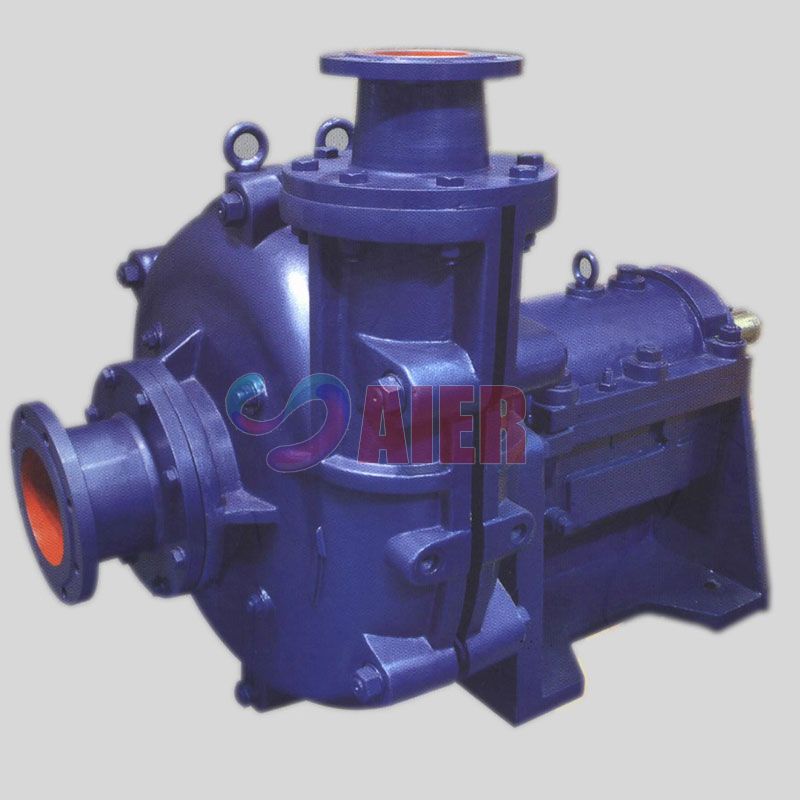Oct . 17, 2024 16:42 Back to list
Choosing the Right Impeller Material for Slurry Pumps in Various Applications
Understanding Slurry Pump Impeller Materials A Comprehensive Guide
Slurry pumps are essential components in industries that handle mixed liquids and solids, such as mining, construction, and waste treatment. One of the most critical parts of a slurry pump is its impeller, which plays a vital role in the pump's efficiency and longevity. The choice of impeller material can significantly impact the performance of the pump, particularly in abrasive or corrosive environments. This article explores the various materials used for slurry pump impellers, their properties, advantages, and considerations for selecting the right material.
Common Materials Used for Slurry Pump Impellers
1. Cast Iron Cast iron is one of the most commonly used materials for slurry pump impellers. It offers excellent wear resistance and can handle moderate abrasive slurries effectively. The ductile version, known as ductile iron, provides enhanced strength and toughness, making it suitable for applications with higher mechanical stress. Although cast iron is durable, it can be susceptible to corrosion, which limits its use in certain chemical environments.
2. High Chromium Alloy High chromium alloy is another popular choice for slurry pump impellers, known for its exceptional hardness and wear resistance. This material can endure harsh abrasive conditions and is primarily used in mining and mineral processing applications. The alloy composition can vary, but it typically contains at least 25% chromium, providing a robust defense against corrosion and wear. However, high chromium alloys may be brittle, requiring careful handling and installation.
3. Polyurethane For applications where the slurry contains aggressive chemicals yet is not overly abrasive, polyurethane can be an excellent material option. It offers good abrasion resistance and flexibility, reducing the risk of impeller breakage. Polyurethane impellers are lighter than metal options, which can contribute to improved pump efficiency. However, they may not withstand high-temperature applications and are typically not suitable for very abrasive slurries.
4. Stainless Steel Stainless steel impellers are ideal for environments requiring both corrosion and abrasion resistance. They are commonly used in food processing, pharmaceuticals, and other industrial applications where hygiene is crucial. The austenitic grade (e.g., 304 and 316 stainless steel) is particularly favored for its resistance to oxidation and a range of chemicals. However, stainless steel can be more expensive than other materials, and its wear resistance may not match that of harder alloys in very abrasive conditions.
slurry pump impeller material

5. Rubber Linings Rubber-lined impellers are often used in slurry pumps working with moderately abrasive and corrosive media. The rubber provides good flexibility and can absorb shocks, thereby extending the life of the impeller. Though not as durable as metal materials, rubber linings can be easily replaced, making maintenance simpler. They are best suited for lower flow rates and applications that do not involve harsh abrasives.
Considerations for Selecting Impeller Materials
When choosing the right material for a slurry pump impeller, several factors should be considered
- Abrasiveness of the Slurry Higher abrasive materials require harder and more wear-resistant impellers, such as high chromium alloys or cast iron. - Corrosiveness Chemical compatibility is crucial. If the slurry contains acids or alkalis, corrosion-resistant materials like stainless steel or specially formulated rubber should be preferred. - Temperature Resistance The operational temperature of the slurry can influence material selection, with some materials suited for high temperatures and others better for cooler environments. - Cost and Maintenance Budget constraints and maintenance capabilities also play a role. While high-performance materials may offer better longevity, they often come at a higher cost.
Conclusion
Selecting the appropriate impeller material for a slurry pump is crucial for ensuring optimal performance and longevity in challenging environments. By understanding the properties and applications of various materials—such as cast iron, high chromium alloys, polyurethane, stainless steel, and rubber linings—engineers and operators can make informed choices that meet their specific operational requirements, ultimately leading to enhanced productivity and reduced downtime.
-
Wholesale Casting Dredge Pump Part - High Quality China Manufacturers & Suppliers
NewsJul.04,2025
-
High Quality Slurry Pump Seals Reliable China Suppliers & Manufacturers
NewsJun.24,2025
-
High Quality Portable Submersible Slurry Pump Supplier & Manufacturer from China
NewsJun.10,2025
-
Slurry Pump Parts Manufacturer – High Quality Rubber Spare Parts from China
NewsJun.10,2025
-
High Quality 1/3 HP Submersible Sump Pump with Vertical - Reliable Supplier & Factory Price
NewsJun.10,2025
-
High-Efficiency Centrifugal Slurry Pumps India
NewsJun.10,2025
